Overview
The Department of National ID and Civil Registration (DoNIDCR) (Rastriya ParichayaPatra and Panjikaran Bibhag - राष्ट्रिय प्ररिचयपत्र तथा पञ्जिकरण बिभाग) was established in 2075 Ashoj 28 to handle the legal rights of "personal event registration." It also manages two of the Nepal Government's popular programs: the "Cash Flow" under Social Security and the multifunctional "National Identity Card" for digital identity. These three programs are interrelated and technology-based. Over time, various offices have been integrated, and it now operates as a technology-based department.
Personal Event Registration
Personal event registration refers to officially recording the significant personal events of every state resident. Most countries consider this a permanent, continuous, and mandatory task based on universally accepted principles of event registration. However, the types of events may vary by country. In Nepal, five types are recorded: birth, death, marriage, migration, and divorce. Relevant offices handle these records' recording, storage, utilization, and distribution.
In Nepal, after the "Birth, Death, and Other Personal Events (Registration) Act, 2033" was enacted, it was implemented in 10 districts from 2034 Baisakh 1, expanding to nationwide coverage by 2047 Baisakh 1. Initially managed by the Ministry of Home Panchayat through District Administration Offices, it has been overseen by the Ministry of Local Development's Registration Branch since 2050 Shrawan. Following integrating the National ID Management Center and Central Registration Department in 2075, Ashwin returned under the Ministry of Home Affairs.
In the era of rapid globalization, personal events have international significance. Hence, event registration has gained international importance. According to Nepal's commitment to UNESCAP, by 2024, all Nepalese citizens must have 100% birth registration and significant increases in other personal event registrations. The department is actively achieving this goal, extending the MIS Online-based program through local levels, covering over 40% of the population. The National ID and Registration Act, 2076, and the National ID and Registration Regulations, 2077, are currently in effect.

Social Security
Social security ensures that people's basic human needs are met, whether during active life or in a state of disability. It is a broad concept. The social security allowance provided by the National ID and Registration Department under "Social Assistance" is a "Cash Flow" program. Beneficiaries receive this allowance unconditionally. The allowance is universally applied to beneficiary groups nationwide without targeting specific areas, though the child nutrition allowance is partially poverty-targeted.
Currently, the Nepal Government provides allowances at different rates to seven main targeted groups nationwide. These include the elderly, Dalits, disabled, endangered, widows, single women, and children from Dalit and marginalized areas, making it a highly popular program. The National ID and Registration Department under the Ministry of Home Affairs handles this responsibility.
The Cash Flow program started 2051 Shrawan as a pilot in 20 districts, providing Rs. 100 to citizens over 70. By fiscal year 2052/53, it was addressed as social security, managed by the Ministry of Local Development, and regularly provided to the elderly, widows, and disabled citizens.
Its scope has since expanded, and allowance rates have been adjusted accordingly. Efforts to simplify and make the distribution transparent include online technology and banking systems. The Social Security Allowance Distribution Procedure, 2077, mandates all local levels to enter beneficiary details into MIS Online, register, delist, and renew as per law, and distribute allowances via banks in areas with banking access. Over 2.8 million beneficiaries are currently online.
National Identity Card

The "National Identity Card" is a digital solution for identity verification. Its digital features make it highly significant in modern times, linking it with public services for various uses. Many countries aim to implement it successfully, and some have already done so. Providing a digital ID card to all citizens promotes national inclusivity.
The Nepal Government, through its 2066/67 annual policy, program, and budget statement, announced the use of photo-based biometric smart cards as National Identity Cards for all Nepalese citizens and established a central body for implementing this policy.
Subsequently, the National ID Management Center was established on 2067/04/01 under the Ministry of Home Affairs following a decision on 2067/03/16. The department operates under the National ID and Civil Registration Department after integrating the center and the Central Registration Department on 2075/06/28.
The "Strategic Plan for National Identity Card Management 2075," "Work Procedure for Registration and Distribution of National Identity Card to Nepali Citizens, 2075," and various decisions of the Council of Ministers and ministerial levels have provided a legal basis for systematically advancing the National Identity Card distribution program.
Before nationwide implementation, a successful test was conducted in the fiscal year 2075/76 by distributing National Identity Cards to Panchthar district citizens and Singha Durbar premises employees.
The formal distribution began with Honorable Home Minister Ram Bahadur Thapa handing over the National Identity Card to 101-year-old senior citizen Bhagwati Devi Bhandari in Panchthar. After distribution in Panchthar, the Nepal Government is preparing for nationwide expansion in three phases.
The program is prioritized in the Nepal Government's Policy and Program 2076/77, with a target to complete the distribution within two years, as announced in the fiscal year 2076/77 budget.
Slogan
"Technology-friendly, well-governed, and robust service delivery is Nepal's pride; our identity is the multifunctional National Identity Card."
Mission
To promote quality public service, peace, security, and good governance through the National Identity Card, event registration, and social security management information system.
Values
To support the prosperous Nepal, Happy Nepali campaign by adopting a modern information technology-based national identity card, event registration, and social security management system.
Objectives
-
To prepare the necessary infrastructure for the provision of National Identity Cards.
-
To provide a unique identification number for individual identity.
-
To prepare and distribute multifunctional National Identity Cards with biometric identification.
-
To include personal details of all residents in Nepal in the national statistics database.
-
To develop a system for providing integrated services and facilities to the public through a single identity card.
-
To provide identity cards to non-resident Nepalese and foreign nationals as needed.
|
Birth registration is a natural right of children. Within 35 days of birth, register the birth at the ward office of your permanent address. The head of the family or, in their absence, a family member aged 18 or older can provide birth and death registration information. A citizen must register birth, death, migration, marriage, and divorce events. Both husband and wife must provide information for marriage registration. For divorce, the husband or wife can provide information and the court's decision. When registering migration, if an individual has moved alone, they must provide the information themselves. If the entire family has moved, a family member aged 18 or older must provide the information. |
Contact Details:
Sinhadurbar, Kathmandu, Nepal
Phone: +977-1-4200014, +977-1-4211563, +977-1-4200894
Toll-Free No.: +977-16600196666
Email: info@dibudcr.gov.np
Website: www.donidcr.gov.np



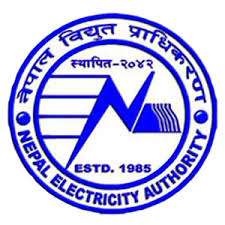
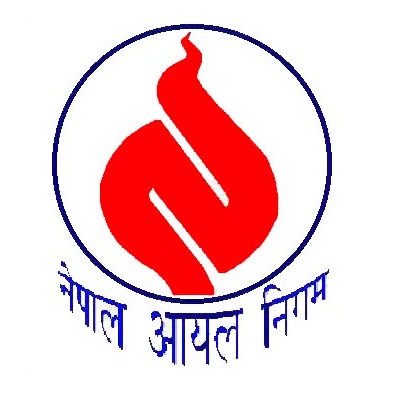
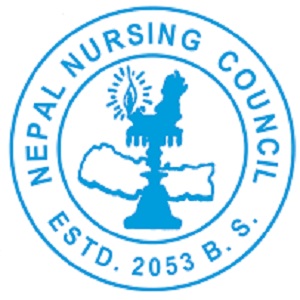
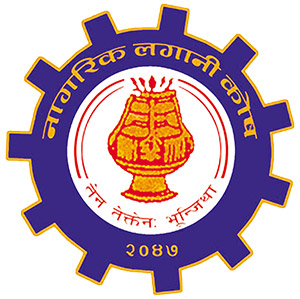
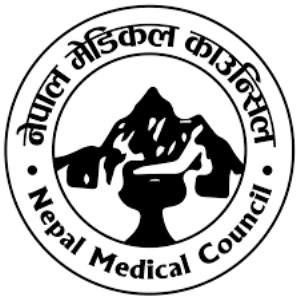
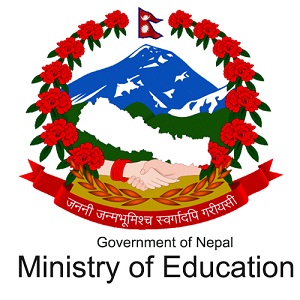
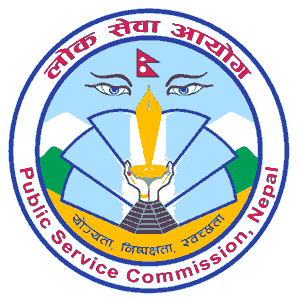
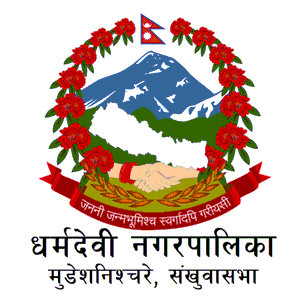

You need to login to comment.